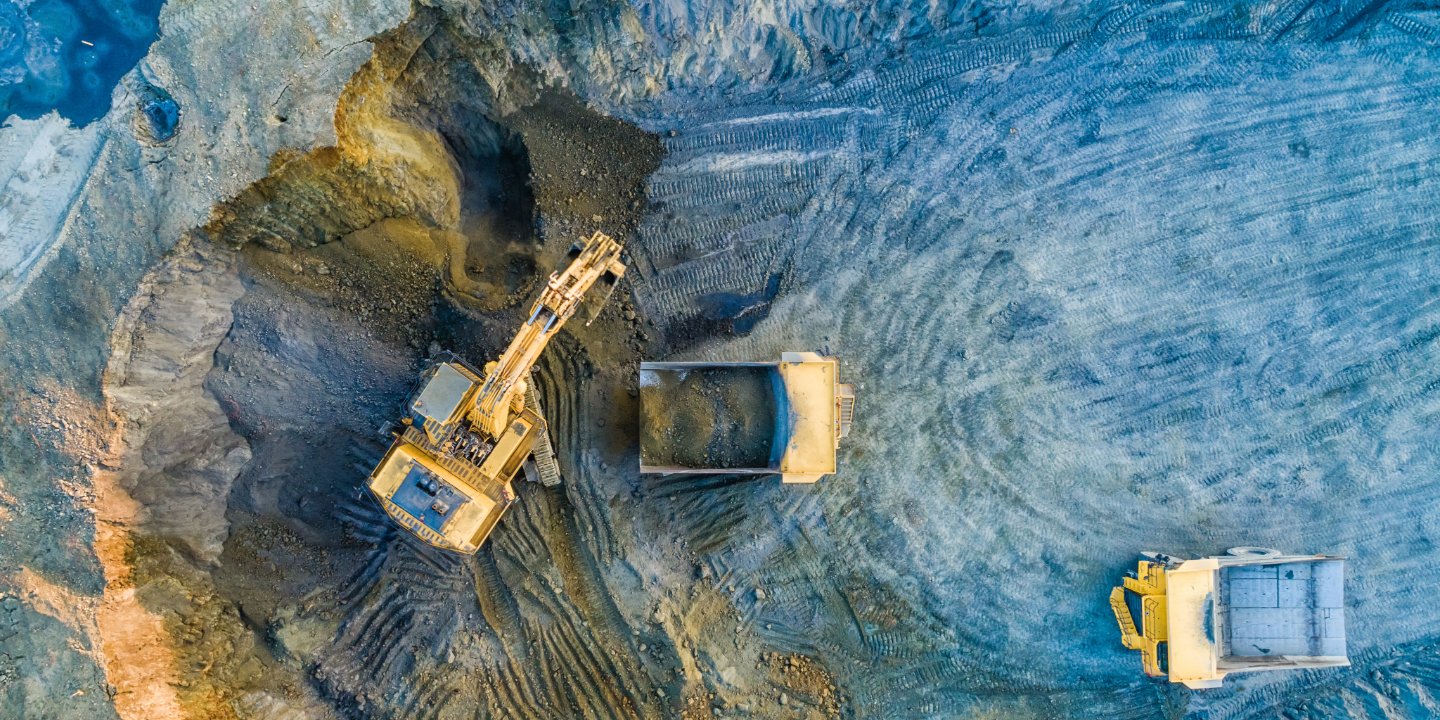It is the question Reg Weine has been asked most by fund managers and investors in listed infant formula company Bubs Australia.
Just why did the respected food industry executive, who joined the Bubs board as a non-executive director in April 2023, just four months later agree to take on the seemingly poisoned chalice of the chief executive role?
The Bubs board had just fended off a messy board spill attempt by co-founder Kristy Carr and other investors to install Peter Nathan, a former a2 Milk executive, as CEO after a series of debilitating setbacks for the company in the Chinese market.
Weine had also taken his board seat on the same day that former chair and co-founder Dennis Lin was ousted.
“The CEO role wasn't something I was contemplating, and it wasn't something that I initially jumped at, and for two reasons. One, I was very busy with other non Executive Director and Chairman roles that I was doing at the time and the other was that we had a very capable leadership team, and I was hoping that we could identify somebody within the team that could be the next leader of the business,” Weine says.
He consulted with his wife and three daughters when he was asked by the board and the company’s investors to take the job.
They knew their husband and father had always been purpose driven in the executive and board roles he had previously performed at Bulla Dairy Foods, Blackmores, SPC, Maggie Beer Holdings and Otway Pork.
So they wanted to be sure that there was strong alignment between Weine’s values and those of Bubs and its brands. They all agreed there was.
“The reason I did agree and perhaps acquiesced in the end to take the role on was because I have never in my career seen such a great opportunity in terms of the commercial and market opportunity for a business, and I could see a very clear pathway to profitability. I thought there were just a few things that we needed to course correct, and things that were within management's control that could really set this company on a really significant trajectory,” Weine says.
In the strategic review he penned for the Bubs board in July 2023, Weine said the firm needed to cut costs, de-clutter and stop trying to be 'all things to all people', whilst advocating for a stronger focus on the US market, a China 'reset', better utilising Bubs' manufacturing facility in Victoria, and playing to the company's strengths in goat's milk.
Over the past 21 months he has been executing that strategy, or as he puts it, “flying the plane while tuning the engine”.
The result has been getting Bubs cashflow positive for the first time, which has been achieved for the last two quarters.
“When we get to June 30 this year, we will achieve our guidance of break even or better, before share based payments,” Weine reveals. It will be the first time the company has not reported a loss since it was listed in 2017.
At the same time he says Bubs has achieved significant sales growth, with revenue increasing from $60 million to $102 million over the past two years and the gross profit margin lifting from 30 to 45%.
While Weine was deeply conscious of Bubs’ poor financial track record and stresses it needed to “grow up and mature”, he has had to balance driving cost control and accountability with retaining the entrepreneurial spirit and some of the best aspects of what was previously a founder led business.
“I think it is something that we ought to be really proud of,” he says of the legacy.
“We got into this amazing position by being nimble, agile and being incredibly innovative. Those things are really important and we want to continue to keep them at the forefront of the way we go about business.”
Another key for Weine has been instilling a high performing culture at Bubs by making sure its teams are held more accountable by giving them clarity on what they are being measured against, especially the critical KPIs from management.
“I think under the previous regime we just didn't have that clarity. It wasn't clear who owned the profit and loss and who was responsible,” he says.
Going forward he believes Bubs is still only scratching the surface of the booming North American market, the world's second largest in infant formula, where it will generate $50 million of net sales this year.
Bubs is now working to obtain full U.S. FDA approval for its products, which would transition its sales from temporary "enforcement discretion" to permanent market access. It has recently finalised a major US clinical trial as part of this process.
While the Trump administration has controversially levied a 10 per cent tariff on all imports from Australia into the US, Weine stresses Bubs isn’t rushing to pass on the cost to its American retail partners.
“We could put the 10% through, but we may see this as an opportunity to support our retail partners and drive perhaps some better commercial outcomes by absorbing that,” he says.
Over the past two years Bubs has also reset and rebuilt its China business, achieving profitability for the division on a standalone basis.
China represents 21 per cent of the company's group revenues, with a focus on cross-border e-commerce and mother and baby stores. Weine says Bubs is now exploring the next leg of growth in China, with a strong foundation and growing distribution channels.
With over 25 years of experience in fast moving consumer goods (FMCG) and agri-food and more than 15 years working in international markets and trade, over the decades Weine has played the roles of both turnaround king and growth driver for some of the nation’s most iconic brands.
He stresses the importance of maintaining brand relevance and innovation in growth-oriented businesses, emphasising the need for a robust go-to-market strategy and excellent execution to grow market share.
“As it relates to turnarounds, I've learned the importance of having a clear plan, communicating with clear intent, definitely staying focused and not getting distracted, whether it's a private company turnaround, a PE backed turnaround, or a listed company turnaround,” he says.
“It is very easy to get distracted. I think the other thing I've learned is you want to make the tough calls, and sometimes those uncomfortable and painful decisions, early. I think the earlier in the turnaround the better.”
Despite working for so long in the food and agribusiness sector, he has no current or historic family attachment to the land. But it won’t be that way forever.
“I grew up on the northern beaches of Sydney so I have no sort of farming pedigree at all. Although I do hanker for having some acreage somewhere in the future,” he quips.
“I do like spending time on the land, and I love talking to farmers and growers. They are the backbone of Australia and what we were built on. I think we owe them a lot of respect.”
About Bubs Australia Ltd
Bubs is Australia’s largest producer of infant and adult chilled and powdered, goat dairy products.
Bubs® was born in 2005 when a Sydney mumpreneur found herself struggling to find top-quality, nutrition-packed baby food to keep her daughter happy, healthy and fed. Bubs offer families around the world a comprehensive range of Australian premium infant nutrition products under the Bubs® brand, including goat milk infant formula, organic grass-fed cow milk infant formula, organic baby food, cereals, toddler snacks, as well as a range of adult nutritional powders and chilled goat milk under the Caprilac® brand.
Bubs is the only FDA approved canning facility in Australia and its products are currently sold in over 3,000 supermarkets in the US. Domestically, Bubs is stocked in more than 2,000 stores Australia-wide, and our brands are exported to China, Japan, Singapore, Malaysia, Vietnam, the Middle East and North America.
Directors & Executive Management
Ms Katrina Rathie, Non-Executive Chair.
Mr Reg Weine, Managing Director, CEO.
Mr Paul Jensen, Non-Executive Director.
Mr Steve Lin, Non-Executive Director.
Mr Peter Cope, Company Secretary.

.png)








